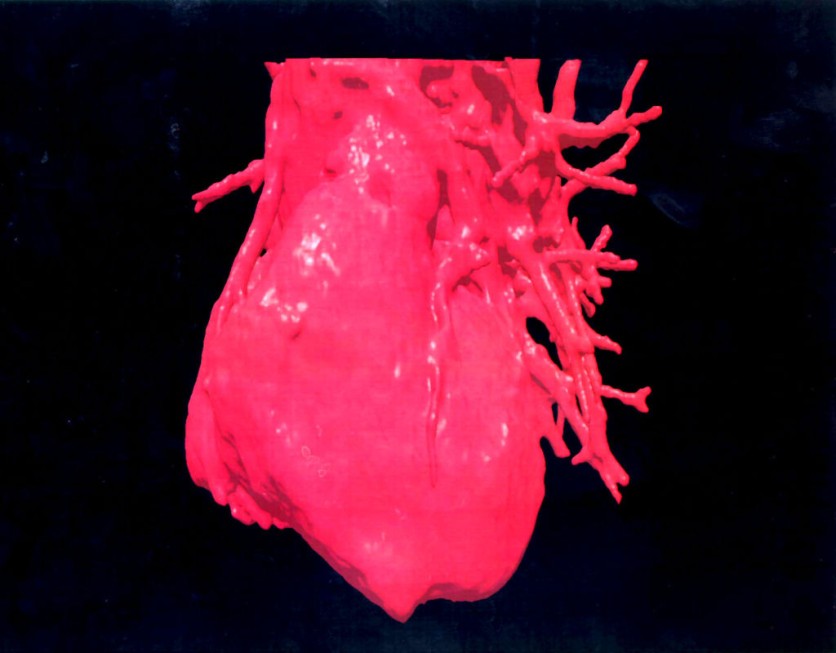
Lawrence Faucette, 58, was in danger of dying due to heart failure until medical experts from the University of Maryland Medical Center transplanted a genetically modified pig's heart into him.
The first of these experiments took place the previous year, making this the second. Faucette showed signs of remarkable recovery only two days following the operation, including the capacity to sit in a chair and have lighthearted conversations.
Faucette's life was in jeopardy since his underlying medical issues prevented him from receiving a conventional human heart transplant. Before the procedure, he said his remaining "real hope" is the pig heart transplant or "xenotransplant," showing his commitment to fighting for every breath.
According to ABC News, the surgeon who headed the pig heart transplant, Dr. Bartley Griffith, was astonished by Faucette's development. "How am I talking to someone who has a pig heart?" The medical staff sees Faucette's early reaction as a promising indication, even if they are still apprehensive about the next few weeks.
Preparations For The Pig Heart Transplant
In Faucette's instance, the pig heart underwent 10 genetic alterations, including eliminating three pig genes that the human immune system uses to quickly reject organs, as reported by US News & World Report. Six human genes were also added to the pig heart to help the immune system accept it. A pig gene that causes excessive heart tissue development was also turned off to avoid overgrowth.
The Blacksburg, Virginia-based regenerative medicine business Revivicor, a division of United Therapeutics Corporation, graciously donated the genetically modified pig heart. The pig was thoroughly examined before being transplanted to ensure it was clear of viruses, germs, and parasites.
The US Food and Drug Administration (FDA) approved the transplant urgently under the "compassionate use" method, which permits experimental treatments for lone patients with critical illnesses.
Aside from the xenotransplantation, Eledon Pharmaceuticals' tegoprubart, an experimental antibody treatment, is being given to Faucette, per The New York Times. In addition to other standard medications used to suppress the immune system and prevent organ rejection, this treatment inhibits a protein implicated in immune system activation.
A Promising Procedure
The same surgical team from Maryland made medical history a year ago when they operated on David Bennett and the first-ever genetically altered pig heart transplant. Bennett only managed to live after surgery for two months, but this accomplishment demonstrated the promise of xenotransplantation.
Given the growing number of patients in need, rare human organs for transplantation are a major issue. Last year, the US conducted a record number of heart transplants; however, a shortage significantly affects patients with the highest long-term survival prospects.
Recent years have seen advances in xenotransplantation, which transplants animal organs into humans. Gene editing and cloning have been employed to reduce the immune system rejection of these organs. Though still in its early stages, these developments provide hope to the roughly 100,000 Americans with end-stage organ illnesses who require human organ donors.

ⓒ 2026 TECHTIMES.com All rights reserved. Do not reproduce without permission.




